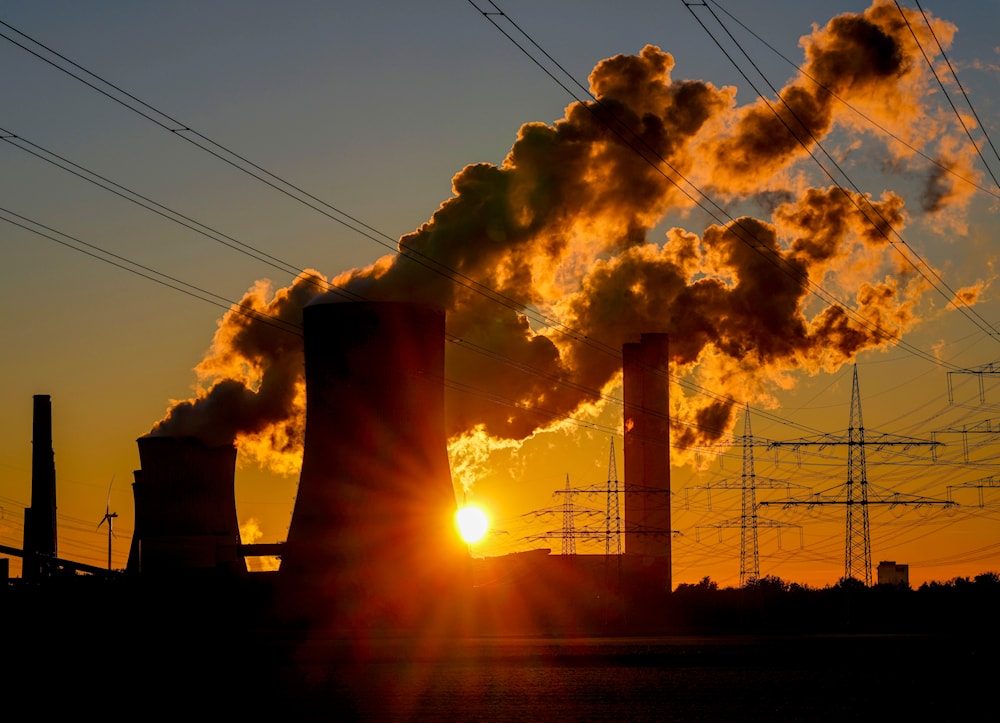January 2025 warmest January on record
Scientists suggest that global warming is driven by factors beyond greenhouse gas emissions. Ironically, one such factor is the reduction of pollution.
-

Steam comes out of the chimneys of the coal-fired power station in Niederaussem, Germany, on October 24, 2021. (AP)
Earth recorded its hottest January yet, which came as a surprise since scientists were expecting lower global average temperatures thanks to La Niña conditions over the Pacific, which typically brings average global temperatures down.
However, the earth has been consistently warmer during the past two years, and climate scientists think it could be due to changes in Earth's chemistry other than carbon emissions, which remain the main culprit behind global warming.
2025 doesn't have a high chance of being the warmest year on record, according to climate scientist Dr. Russel Vose, due to a variety of factors. He adds "So it’s a tough game, forecasting global temperature," as scientists said the same thing about 2024, yet 2024 was the hottest year on record so far.
January was warmer than usual in northern regions like Canada, Alaska, and Siberia, as well as southern regions like Alaska and Australia, according to climate monitoring agency Copernicus.
Cutting pollution has played a role in global warming's surge, argues former NASA Scientist James Hansen, adding that burning fossil fuels was not only emitting greenhouse gases but also sulfate compounds.
These sulfates attenuate global warming by increasing the formation of brighter clouds, protecting the Earth from sun rays, and as measures are taken to reduce the emission of sulfates, the effect these clouds have is reduced, accelerating global warming.
Hansen was one of the first scientists to bring attention to the issue of climate change, and a recent analysis by Hansen and a group of other scientists shows a grim prognosis: The goal of the Paris Climate Accords is now impossible.

 2 Min Read
2 Min Read










